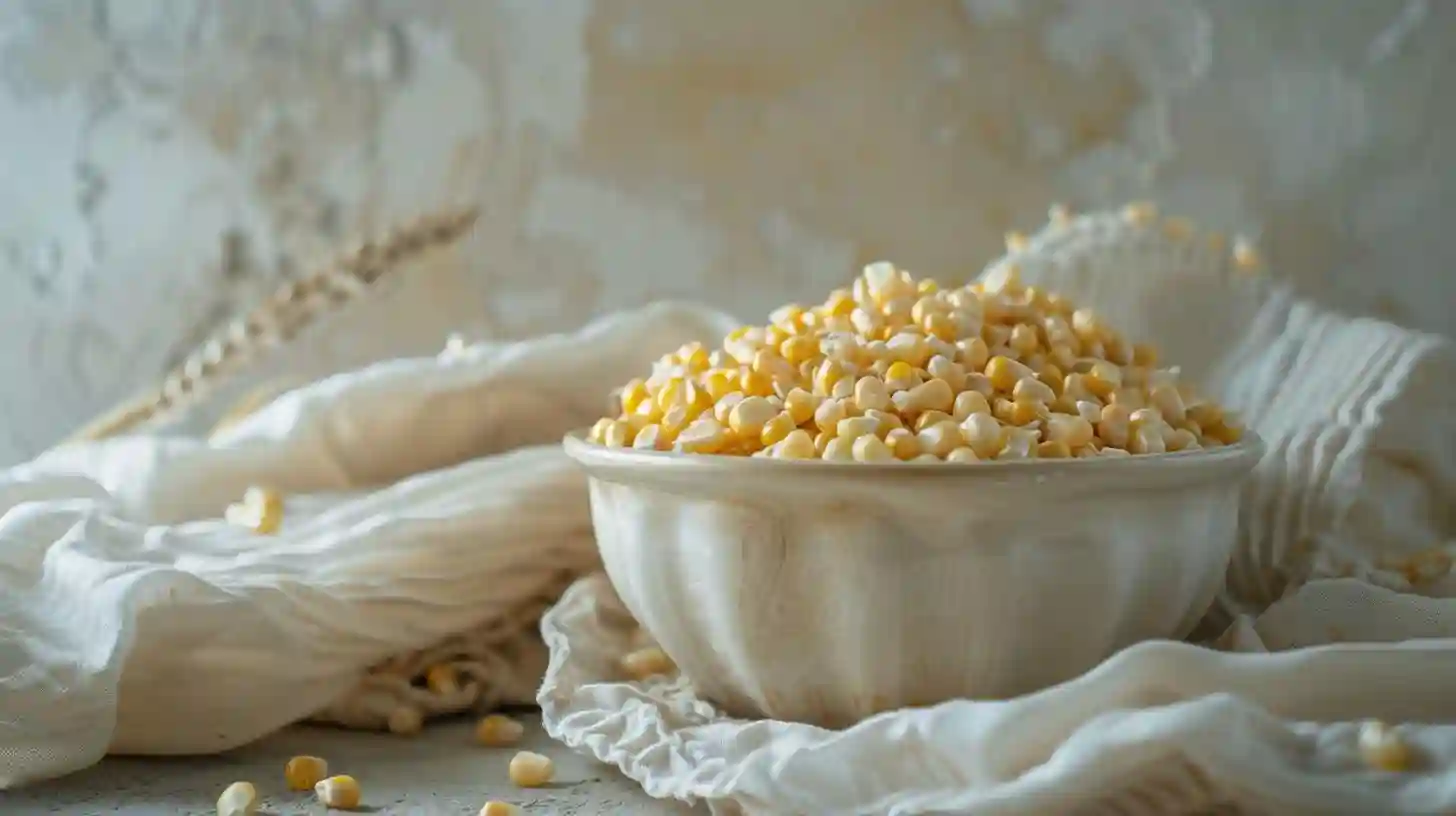
Corn, or maize, is a staple food that has been grown by civilizations for thousands of years. Its importance cannot be overstated as it is a staple crop for many societies around the world. From its origins in the Americas to its widespread cultivation today, corn has played a vital role in shaping human history and culture.
One of the most interesting aspects of corn is its versatility. It can be consumed in a variety of ways, from fresh to dried, cooked or ground into flour. Corn can be eaten on the cob, added to popcorn, or ground into cornmeal for bread and other baked goods. It can be processed into corn oil, corn syrup, or even used as a fuel source in the form of ethanol. Its uses are truly limitless, making it one of the most important crops in the world.
Corn has a long history of cultivation by the indigenous peoples of the Americas. It was first domesticated in what is now Mexico about 9,000 years ago and quickly spread throughout the Americas. The ancient civilizations of the Mayans, Aztecs, and Incas relied heavily on corn as their primary food source. The plant was revered in these cultures and even had a sacred status in many religious ceremonies. Corn became a symbol of food, fertility and life itself.
When European explorers arrived in America in the 15th century, they encountered corn for the first time. They were amazed by its versatility and nutritional value, leading to its rapid spread throughout the world. Corn has quickly become a global crop, adapted to a variety of climates and growing conditions. Today it is one of the most widely grown crops in the world, with millions of tons produced annually.
In addition to its importance as a food source, corn has also had a profound impact on economics and agriculture. Corn is the main cash crop in many countries, and large farms grow it exclusively. This crop has been genetically modified to improve yield and pest resistance, making it a highly productive and profitable crop for farmers. Corn is also used as livestock feed, further increasing its economic importance.
However, widespread corn cultivation was not without problems. The use of maize as a monoculture crop has led to concerns about biodiversity loss and environmental degradation. The use of pesticides and intensive farming methods have led to soil degradation and water pollution. Intensive corn farming has also been linked to declines in pollinator populations, further threatening biodiversity.
Despite these challenges, efforts are being made to promote sustainable corn farming practices. Organic farming practices, crop rotation and integrated pest management are just some of the strategies used to minimize the environmental impact of corn farming. Additionally, there is a growing movement toward heirloom and non-GMO corn varieties in an effort to preserve genetic diversity and promote more sustainable agricultural practices.
Corn is a truly remarkable crop that has played a vital role in shaping human history and culture. From its origins in America to its widespread cultivation today, corn has been a staple food for countless societies around the world. Its versatility, nutritional value and economic importance make it one of the most important crops in the world. Despite the problems of monoculture farming and environmental degradation, efforts are being made to promote more sustainable methods of growing corn. Through continued innovation and conservation efforts, corn will remain a key food source for future generations.